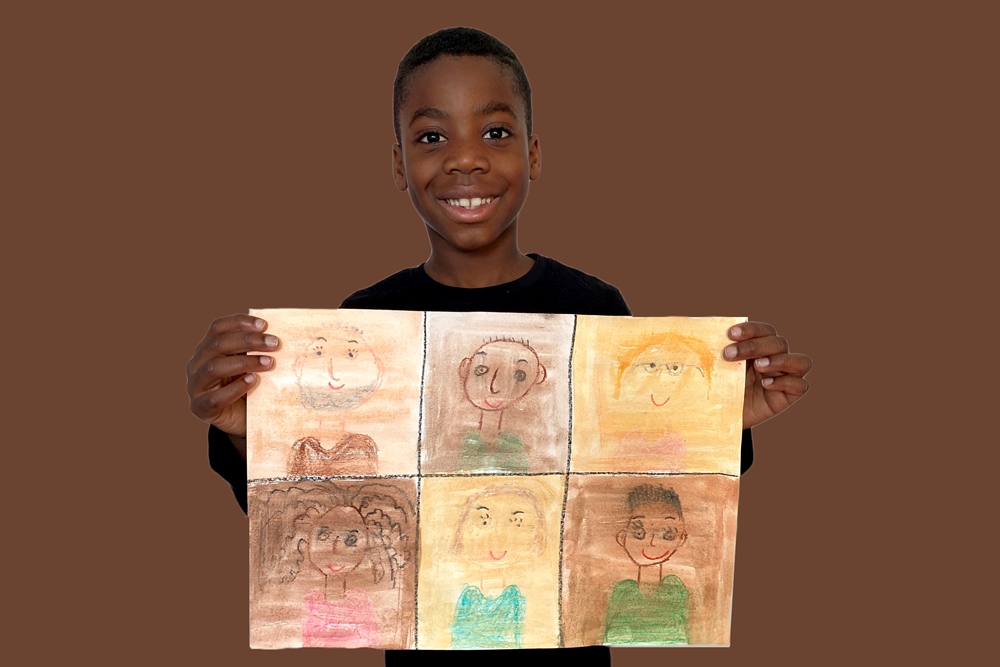Call for proposals: Medium and large projects
Project duration: Feb 2021–Jan 2023
Project budget: 52.000 EUR
In the past 10 years, more than 70 families have been created in Slovenia through the interracial adoption of one or more children from African countries. There are about 500 couples waiting to adopt and more and more are deciding for interracial adoption.
With interracial adoption, Black children begin to live with white parents in an almost entirely white society, where they are deprived of socialization into their primary ethnic group. Parents have neither personal experience nor sufficient knowledge of how to successfully contribute to a child's racial/cultural socialization. Love alone is not always enough.
This paradox of interracial adoption contributes to:
- the lack of positive racial/ethnic self-image and self-pride for the child;
- greater vulnerability of the child when confronting prejudices and other negative situations related to race.
Childhood is a key time to develop positive self-awareness and relationships with others. Insufficient exposure to affirmative racial mirrors or representatives of the same ethnic group, as well as experience of negative events related to race, decrease the child’s self-esteem and sense of self-worth, promote distrust of others, and strengthen the feeling of injustice and helplessness. Children are more prone to develop depression, anxiety and anger. These experiences can have enduring effects on mental and physical health in adulthood.
With the project AFROskop – Affirmative Racial Mirrors, we are addressing specific needs of Black children in interracial adoptive families. The aim of the project is to empower both children and parents. Through various activities, we enable experiential learning and skills development:
- how to expose children to positive racial opportunities that promote pride and a positive racial identity;
- how to make children aware of racial discrimination and develop appropriate coping skills.
Members of the African community in Slovenia play a key role in the activities. Parents/adopters have the opportunity to build sincere relationships with the African community and expand their social network, thus deepening their understanding of raising a Black child.
For the children, members of the African community, as affirmative racial mirrors or role models who resemble the children, can help them feel seen and validated. Through racial mirrors, children are able to imagine a place for themselves in their community and the world at large.
Contact person: Sabina Banič Boakai






